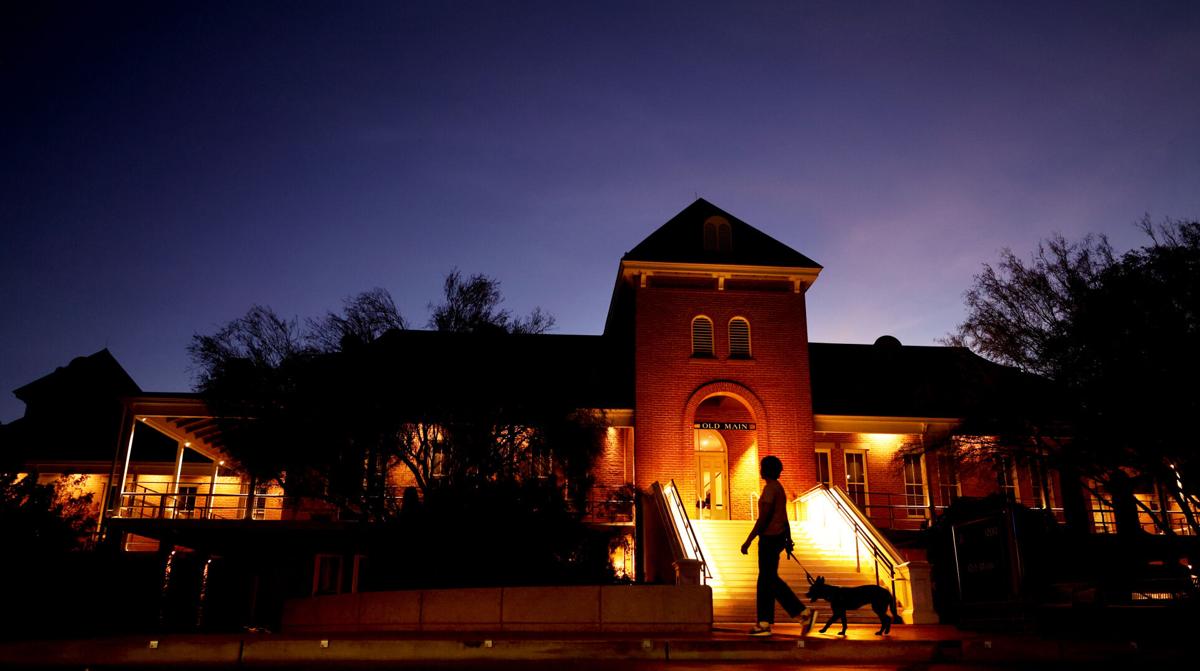The University of Arizona is joining schools including Brown University, the University of California Berkeley and Northwestern University in partnering with a new organization aiming to increase enrollment of rural students.
The STARS College Network “partners with top colleges to ensure that students from rural and small-town America have the information and support they need to enroll and graduate from the college or university of their choice,” its website says.
The organization is supported by the Trott Family Philanthropies, which gave an initial $20 million gift in 2023 and has pledged to invest more than $150 million over 10 years to support the program.
“I’m thrilled to be part of the STARS network because (of) the caliber of schools that are a part of it, and just being invited was such an honor for us,” said Kasey Urquídez, vice president for enrollment management and dean of undergraduate admissions at the UA. “This initiative I think is so necessary in the U.S., and definitely in Arizona where we have so many rural areas.”
An estimated $7.4 billion will be spent on STARS’ mission over the next decade through donations, financial aid and new funding from government agencies.
For Urquídez, the issue hits especially close to home. Originally from the small rural town of Safford, in Graham County, she said she initially wasn’t going to attend the university because of fears of its size and distance from home.
But, after a call with a student recruiter, she changed her mind and became a Wildcat, and eventually a UA alum twice over.
“It had such an impact on me,” she said. “So, I really have a strong desire to help other students, like me, find their path to us.”
The STARS Network started last year and did not include the UA in its initial 16 university partnerships. Urquídez said after reading about the program, she “immediately” started calling other universities to figure out how the UA could join.
Part of the reason she felt the program would be so effective at the UA is because of how rural Arizona’s population is. The 2020 U.S. Census estimated that 767,000 people in the state live in rural areas.
Many of those rural Arizonans don’t go to college. In Pinal County, 28% of students go on to obtain a college degree, and 36% do in Yuma County, according to the organization Education Forward Arizona.
With the STARS Network program, Urquídez says the UA will be able to help change that.
“Getting started we’ll really focus on the outreach and recruitment side of things,” she said.
One of the programs the STARS Network will help support is a road trip project, where the university will bring students from all over Arizona to campus who “may not have the opportunity to come to campus otherwise,” she said.
“We want to spread the word and help people find their path to higher education,” she said. “The funding is really going to be impactful for us to be able to get more students to feel like what it’s like to be on our campus and feeling like they’re strong enough and important enough to be there.”
Get your morning recap of today's local news and read the full stories here: tucne.ws/morning





